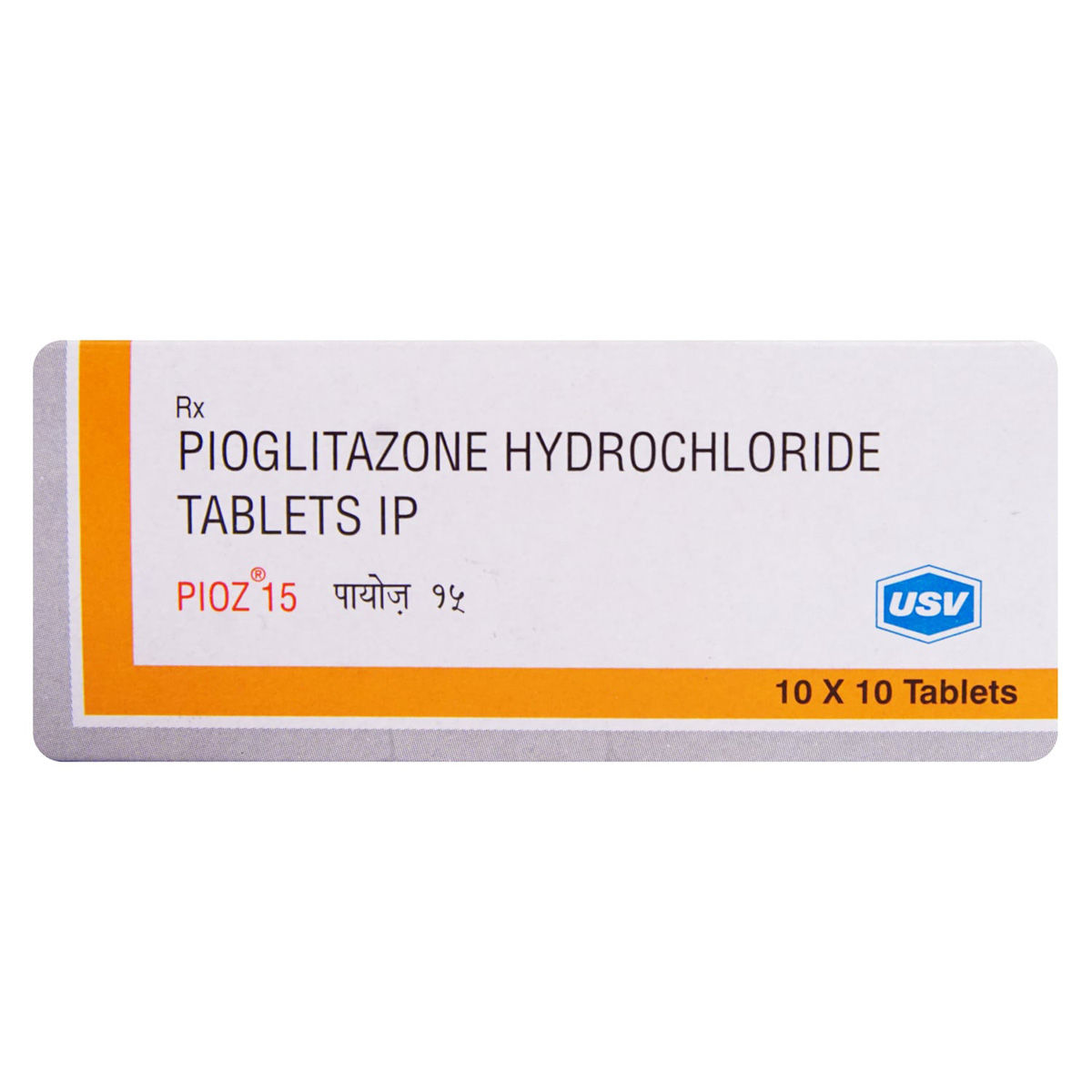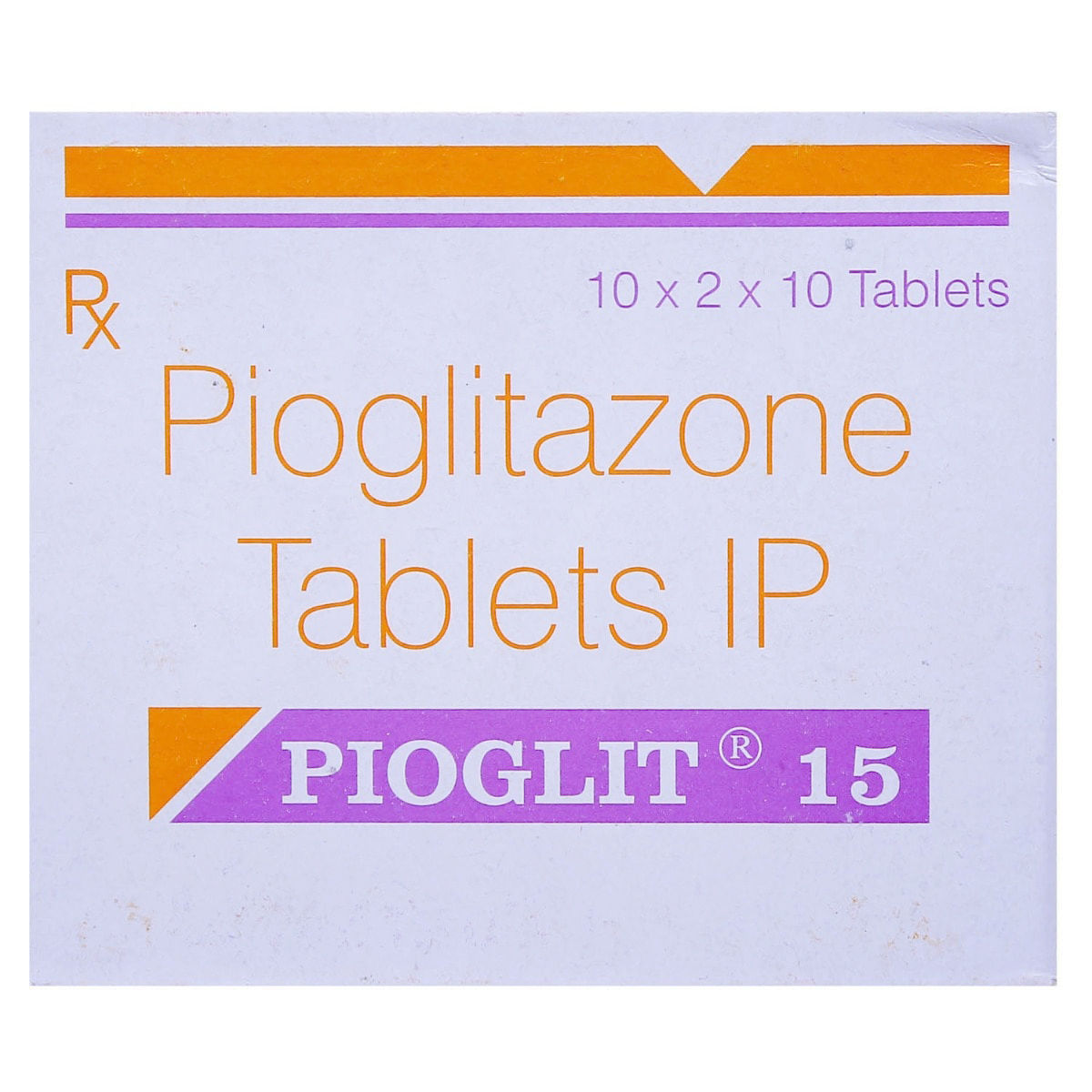Dione Tablet 10's
₹45*
MRP ₹50
10% off
₹42.5*
MRP ₹50
15% CB
₹7.5 cashback(15%)
Free Delivery
With Circle membership
(Inclusive of all Taxes)
This offer price is valid on orders above ₹800. Apply coupon PHARMA10/PHARMA18 (excluding restricted items)
Know Your Delivery Time
Provide Delivery Location





Whats That

Secure Payment

India's Most Trusted Pharmacy

Genuine Products
Composition :
Manufacturer/Marketer :
Consume Type :
Return Policy :
Expires on or after :
About Dione Tablet
Dione Tablet is an anti-diabetic medicine belonging to the class of thiazolidinedione (TZD), also called 'glitazones', used to treat type 2 (non-insulin-dependent) diabetes mellitus. Type 2 diabetes is an illness where the body doesn't make enough insulin, or the insulin that it makes doesn't work properly. This is diabetes that usually develops in adulthood.
Dione Tablet contains Pioglitazone, which helps control the sugar level in your blood when you have type 2 diabetes by helping your body make better use of the insulin it produces.
Dione Tablet should be taken with food or an empty stomach. The most common side effects of Dione Tablet are upper respiratory tract infection, headache, sinusitis, myalgia (muscle pain), and pharyngitis. Most of these side effects of Dione Tablet do not require medical attention and gradually resolve over time. Please consult your doctor if these side effects become troublesome.
Dione Tablet should not be stopped even if you feel better without consulting your doctor. If you stop taking Dione Tablet suddenly, it may increase your sugar levels, which could further increase the risk of eyesight loss (retinopathy), kidney damage (nephropathy) and nerve damage (neuropathy). Dione Tablet should not be taken if you have type 1 diabetes mellitus, if you are hypersensitive (allergic) to any of the ingredients in Dione Tablet , have heart failure or have had heart failure in the past, diabetic ketoacidosis (a complication of diabetes causing rapid weight loss, nausea or vomiting), severe kidney or liver disease, bladder cancer. Please inform your doctor if you have any heart disease, are or are planning to get pregnant or are breastfeeding. The safety and efficacy of Dione Tablet in children under 18 years have not been established, so it should not be given to them.
Uses of Dione Tablet
Medicinal Benefits
Dione Tablet is an antidiabetic drug (thiazolidinedione/glitazones) used along with a proper diet and exercise to control high blood sugar (hyperglycaemia) in patients with type 2 diabetes. Dione Tablet works by helping to restore your body's appropriate response to insulin, thereby lowering your blood sugar.
Side Effects of Dione Tablet
Upper respiratory tract infection
Headache
Sinusitis
Myalgia (muscle pain)
Pharyngitis (inflammation of pharynx located back of neck)
Directions for Use
Storage
Drug Warnings
Fluid retention (oedema) may occur and can lead to congestive heart failure so, a combination of use with insulin and use in heart failure may increase the risk in patients taking Dione Tablet . You should not take Dione Tablet if you have kidney disease, as measured by a blood test. Dione Tablet , when used with or without insulin, $ name tends to lower the blood sugar level. So, the doctor may lower the dose of insulin. Increased fractures may be reported in some women taking Dione Tablet . Patients with bladder cancer and macular oedema (fluid build-up in the macula part of the retina of the eye) should consult the doctor before using Dione Tablet .
Therapeutic Class
Drug-Drug Interactions
Drug-Food Interactions
Diet & Lifestyle Advise
Fill your half plate with starchy veggies, a quarter with proteins, and a quarter with whole grain.
Eat at regular interval. Do not take the long gap between a meal or snack.
Monitor your blood sugar level regularly especially when there are a lot of fluctuations.
Invest at least 150 min of moderate-intensity physical activity and 15 minutes of high-intensity exercise every week.
Lose weight gradually to achieve a healthy body mass index (18.5 to 24.9).
Replace refined carbohydrates containing foods with whole grain foods and increase intake of fruits and veggies and other fibre enriched foods.
Reduce intake of saturated fat (or hidden fats) in the food like chips, crisps, pastries, biscuits and samosas. Choose omega 3 fatty acid-containing oils for daily cooking. For frying, you may use palm oil, mustard oil, groundnut oil, rice bran oil, and safflower oil.
Do not take stress as it may elevate your blood sugar level. You may adopt stress management techniques like mindfulness, yoga or meditation to control stress-related to blood sugar changes.
Opt for low-fat dairy products (low-fat yoghurt, fat-free milk and cheese etc.).
Keep your blood pressure as normal (120/80) as possible. As it reduces the risk of cardiovascular diseases in diabetes patients.
Habit Forming
How Dione Tablet Works
What if I have taken an overdose of Dione Tablet
Alcohol
Unsafe
You are recommended not to consume alcohol along with Dione Tablet to avoid unpleasant side-effects.
Pregnancy
Unsafe
Dione Tablet is not generally recommended in pregnancy. It's not clear whether pioglitazone can harm your unborn baby. It is highly recommended to consult your doctor before taking this drug in case you are pregnant.
Breast Feeding
Caution
It is highly recommended to consult your doctor before taking Dione Tablet .
Driving
Caution
Dione Tablet will not affect your ability to drive or use machines but take care if you experience abnormal vision.
Liver
Caution
Dione Tablet to be taken with caution, especially if you have a history of liver diseases/conditions. The dose may have to be adjusted by your doctor.
Kidney
Caution
Dione Tablet to be taken with caution, especially if you have a history of Kidney diseases/conditions. The dose may have to be adjusted by your doctor.
Children
Unsafe
The safety and efficacy of Dione Tablet in children have not been established. Dione Tablet is not recommended in children.
Country of origin
Manufacturer/Marketer address
Author Details
We provide you with authentic, trustworthy and relevant information
Dione Tablet Substitute

Pioz 15 Tablet 10's
₹6.84per tabletPioglit 15 Tablet 10's
₹6.80per tabletPioglar-15 Tablet 10's
₹6.80per tabletPiosys-15 Tablet 30's
₹1.62per tabletPiohope 15 mg Tablet 10's
by AYUR
₹5.40per tablet
FAQs
Disclaimer
Customers Also Bought
Product Substitutes
























